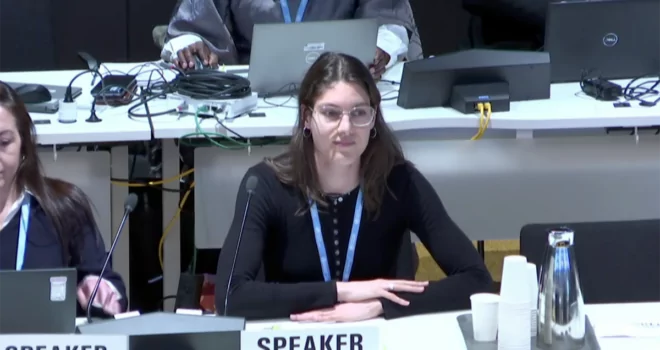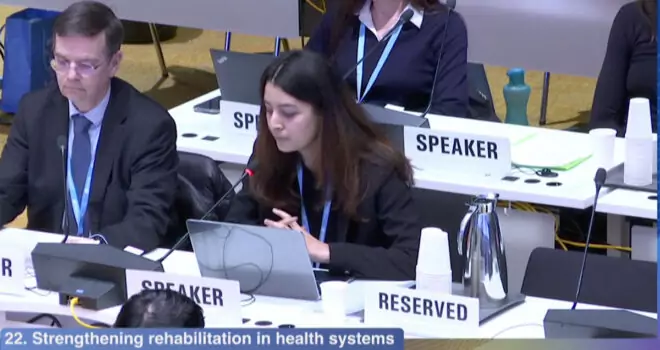The World Heart Federation is excited to celebrate the first-ever HoFH Awareness Day with the international FH and HoFH communities on 4 May 2024.
Homozygous Familial Hypercholesterolemia (HoFH) is an ultra-rare inherited condition characterized by extremely high and life-threatening levels of low-density lipoprotein (LDL) cholesterol from birth, leading to significant premature cardiovascular morbidity and mortality. The disorder affects an estimated 1 in 300,000 people, which amounts to nearly 30,000 individuals worldwide. Alarmingly, data from registries indicate that fewer than 5% of people living with HoFH receive an accurate and timely diagnosis. In the absence of interventions, individuals living with HoFH typically exhibit symptoms of advanced atherosclerotic cardiovascular disease and/or aortic stenosis before 20 years of age. As such, early detection and adequate treatment are crucial in preventing and managing premature heart disease in affected individuals. In fact, the 2023 Updated European Atherosclerosis Society Consensus Statement on HoFH has, for the first time, recommended screening strategies specific for HoFH that build on current cholesterol screening recommendations.
HoFH remains severely underdiagnosed and undertreated across all countries and regions. In the United States, national guidelines recommend universal pediatric lipid screening in children aged 9-11 years, yet an unacceptably high number of people living with HoFH remain undiagnosed, misdiagnosed, and/or receive a late diagnosis, often following a major cardiovascular event.
The advent of novel lipid-lowering therapies, along with the realization that diagnosis is too often delayed, has highlighted an urgency to implement policies that ensure timely detection of HoFH in the United States. Evidence from around the world suggests that a combination of universal pediatric screening and cascade screening strategies constitutes an effective approach to identifying heterozygous familial hypercholesterolemia (HeFH), nevertheless, HoFH and its complications manifest much earlier in life compared to HeFH. Unfortunately, little focus has been placed on the detection of HoFH in very young children and/or infants to date.
Ahead of HoFH Awareness Day, WHF is releasing a new publication, It is Time to Screen for Homozygous Familial Hypercholesterolemia in the United States, which reviews best practices in screening for HoFH worldwide and proposes a set of actionable measures that individual states, as well as other countries, can implement to reduce the burden of HoFH. In addition, our paper also outlines key research and policy gaps that need to be addressed to pave the way for universal newborn screening of HoFH in the United States.
Last month, the authors presented a preview of the findings in a WHF Heart Café session held at the 73rd Annual Scientific Session of the American College of Cardiology. The panel deliberated on the implementation of screening guidelines, low diagnosis rates, and policy environment for HoFH in the United States. Experts highlighted potential actions to improve detection rates in the short term and advocated for the implementation of newborn screening in the long term to further alleviate the burden of HoFH nationally. In particular, one panellist with lived experience shared her story and perspective on the most pressing issues and priorities.
WHF recognizes that addressing HoFH is integral to its vision of Cardiovascular Health for Everyone and reaffirms its commitment to support global efforts to reduce the clinical and public health burden of HoFH.


